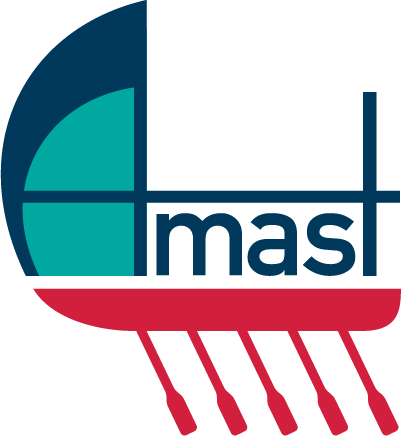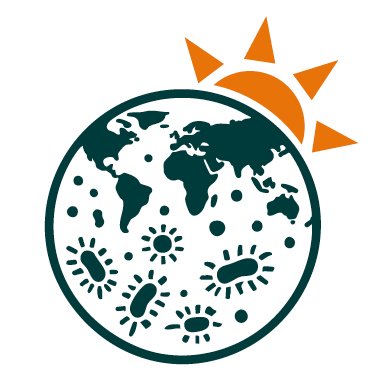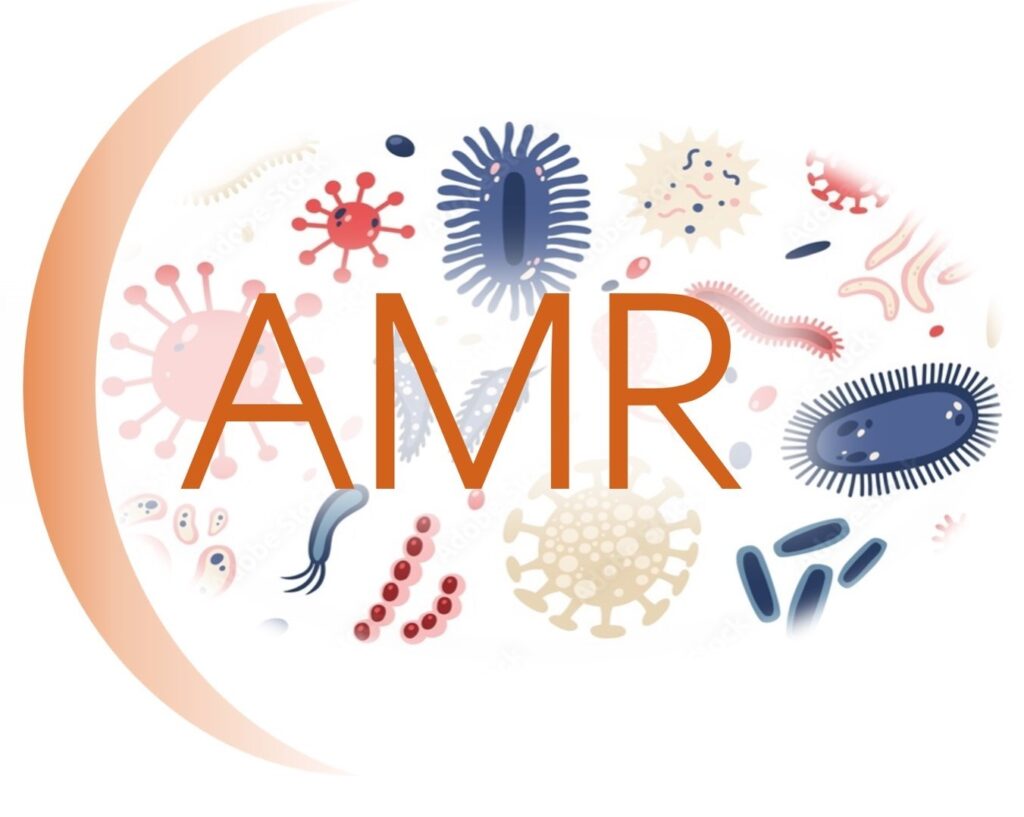Successful UKRI-funded Transdisciplinary Networks to Tackle AMR:

The AMAST (AMR in Agrifood Systems Transdisciplinary) Network will co-ordinate the agri-food trans-disciplinary community engaged in AMR activities covering crop, livestock and aquaculture sectors. The network will engage in interactions with industry, trade associations, policy makers, and academia involved in food production. Led by Matthew Gilmour (Quadram Institute) and K Marie McIntyre (Newcastle University).
The Climate Change Impacts on AMR Using a Planetary Health Framework (CLIMAR) Network will examine the relationship between AMR, climate change and pollution. It will connect nature, health, equity and social justice to ensure a systems change covering human, animal and environmental health. The aim will be to find transdisciplinary solutions to reducing AMR infections while promoting innovations for alternative treatments. Led by William Gaze (University of Exeter).


The Accurate, Rapid, Robust and Economical One Health DiagnoSTics (ARREST) for AMR Network will focus on diagnostic tools in a One Health context. This network will coordinate and develop practical solutions for diagnostics in both animals and plants, across various settings. This will be addressed by identifying needs across sectors, developing research and innovation, standardising evaluation, supporting implementation, and cross-pollinating findings. Led by Mark Bradley (Queen Mary University of London).
The Fungal One Health and Antimicrobial Resistance Network will focus on the emergence of anti-fungal resistance and the development of countermeasures to it. The network will cover healthcare, agricultural and pharmaceutical industries, as well as key government departments and end users in these settings. The network will include the following themes: the underlying causes of resistance, surveillance, agricultural waste and water-based hotspots, the development of countermeasures and interventions to mitigate resistance. Led by Darius Armstrong-James (Imperial College London)
The Futures AMR Network will support early career researchers across a range of disciplines including behaviour, economics, social science, art and design, chemistry and engineering to tackle AMR in the areas of arts and artificial intelligence, behavioral economics, clinical engineering and discovery. Led by Linda Oyama (Queen’s University Belfast).
IMPACT AMR: a Transdisciplinary Network will look to address key policy questions around AMR mitigation strategies, by working with policymakers and stakeholders to determine effective interventions that reduce the AMR burden in a feasible, socially acceptable, and economically beneficial manner. Led by Clare Chandler (London School of Hygiene & Tropical Medicine)
The People AMR Network will consider how communities might use antibiotics in the best possible ways to minimise AMR through changing behaviour. The network will explore ways to help people make decisions about antibiotic use, develop new strategies and tools, and to study these to ensure they target the right people, the right behaviours, and the right settings to have maximum and timely impact at the lowest possible cost. The community will include representatives from the public as well as GPs, dentists, pharmacists, vets and business leaders. Led by Sarah Tonkin-Crine (University of Oxford)
The Transdisciplinary Antimicrobial Resistance Genomics (TARGet) Network will utilise recent genomic advances to better understand AMR and leverage this information for surveillance, diagnostic, and infection prevention control practices. The data from these studies will allow the application of ethically based AI tools and new technologies to support future prescribing in both human and veterinary medicine. The network will cover the needs of academia, business, NHS, social care settings and veterinary medicine. Led by Willem van Schaik (University of Birmingham)
